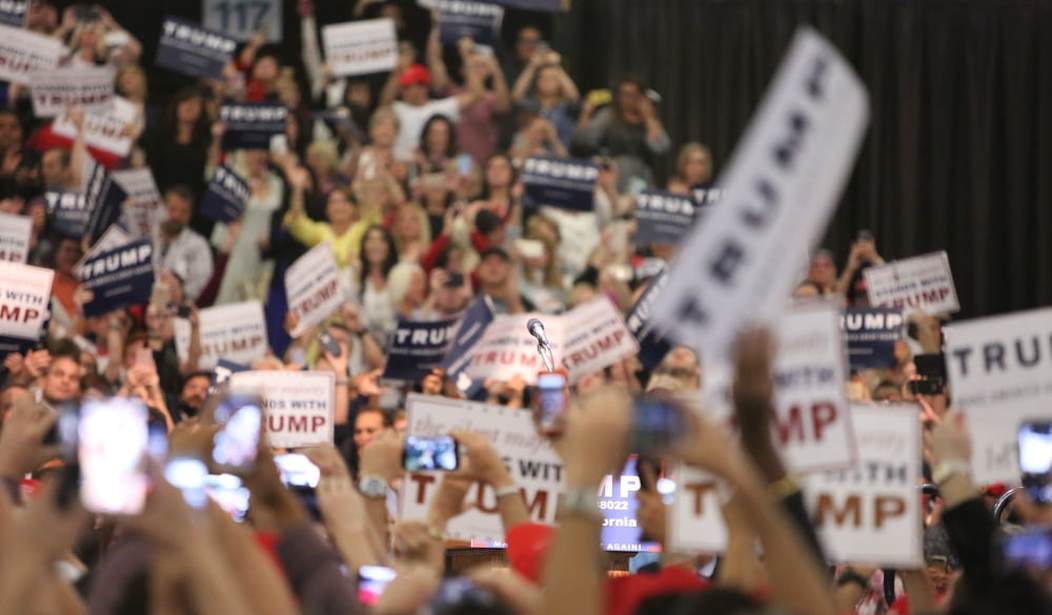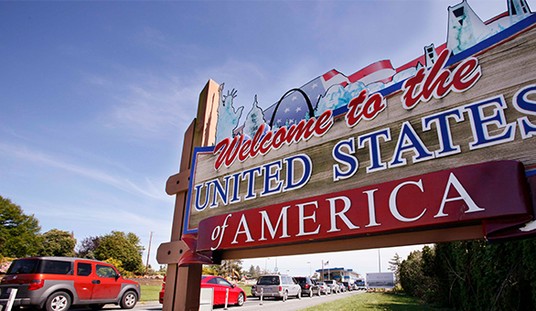Halfway through the Republican National Convention of 2016, I’m more skeptical than ever that we need presidential party conventions. That doesn’t necessarily mean we should throw them out altogether, but we should take a good look at what they are and substantially revise them.
Unfortunately, it’s doubtful we will. By the time one cycle is over, the next is already well under way. Too much is at stake — too much money, too much media coverage, too much networking, too many city fathers and mothers jockeying for the next sites — to revise the juggernaut.
On my third convention, I am beginning to see them as increasingly empty rituals. For the first … let’s say one-and-a-half, I was excited to be among the media reporting on them from the supposed inside, now less so.
Firstly, they are made-for-television events that, even if you are a reporter, you can see and understand better at home than you can when actually present in the arena where everything is swirling around you with no focus. If you sit in one of the media rooms, you can see journalists covertly checking the Drudge Report to find out what’s happening fifty yards away from them.
In this way, conventions are substantially like sports events. Unless you have seats near the fifty yard line at the Super Bowl, you’re going to miss a lot. And even then, you won’t see that revealing Steadicam closeup of the huddle.
Secondly, almost all the news at conventions is manufactured, and ultimately has little or nothing to do with the presidential qualifications of the candidate. Unless what makes a commander-in-chief is the ability to be a gracious and entertaining host, kind of a national Perle Mesta.
This is generally a positive for Trump, who has background in that area and an extremely attractive family to parade (Don Jr. was the acknowledged hit of Day Two), but again, is not of great substance.
Even the demonstrations outside are part of the ritual, as are the perpetual comparisons to 1968. (It’s never up to the epic mayhem of that year — how could it be?) This time the demonstrations don’t appear to be much, at least so far, but they are taking place against the ominous background of the epidemic of cop killings. Perhaps that carnage is even thinning out the ranks of the demonstrators, who (finally) may be realizing they have gone a bridge too far.
As each day of the convention moves forward like an exceptionally slow cruise ship, we are subjected to an onslaught of media worthies telling us whether the candidate is having a “good” or a “bad” convention. Day One was judged to be “bad” because of plagiarism in Melania Trump’s speech, even though virtually every politician since Cicero has done a bit of it. (No, I’m not excusing plagiarism — I’m a writer, for Pete’s sake — but just putting it in context.)
Day Two has been judged a success. Aside from the von Trump Family stalwarts (Tiffany and the aforementioned Don Jr.), Chris Christie made a particularly strong impression attacking Hillary Clinton in what has to be seen as his audition for attorney general.
Now that conventions have long since become managed to the extent that there is no real mystery about who will be nominated, these auditions have to some degree taken center stage. That could be something worthwhile, but caveat emptor. One person who would almost certainly not be where he is today had he not made a strong impression at one of these convention “auditions” is, of course, Barack Obama. His famous 2004 Democratic National Convention keynote address about how “blue America” and “red America” should be subsumed to the “United States of America” may have been the last sensible thing he said.
As I said, caveat emptor.
Roger L. Simon is a prize-winning novelist, Academy Award-nominated screenwriter and co-founder of PJ Media. His latest book — I Know Best: How Moral Narcissism Is Destroying Our Republic, If It Hasn’t Already — was just published by Encounter. You can read an excerpt here. You can see a brief interview about the book with the Wall Street Journal’s Opinion Journal here. You can hear an interview about the book with Mark Levin here. You can order the book here.









Join the conversation as a VIP Member